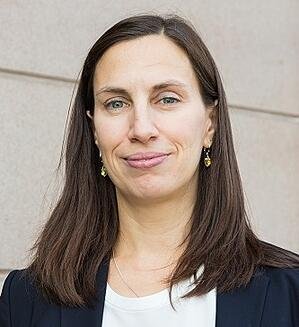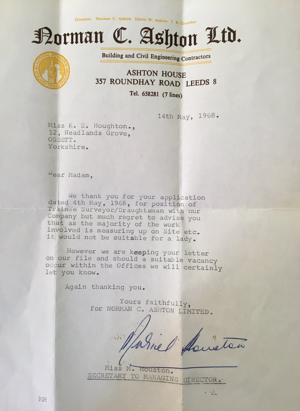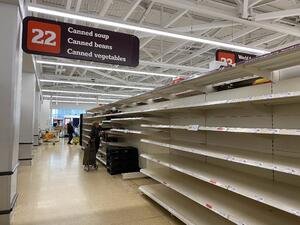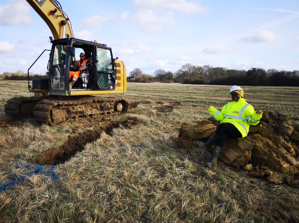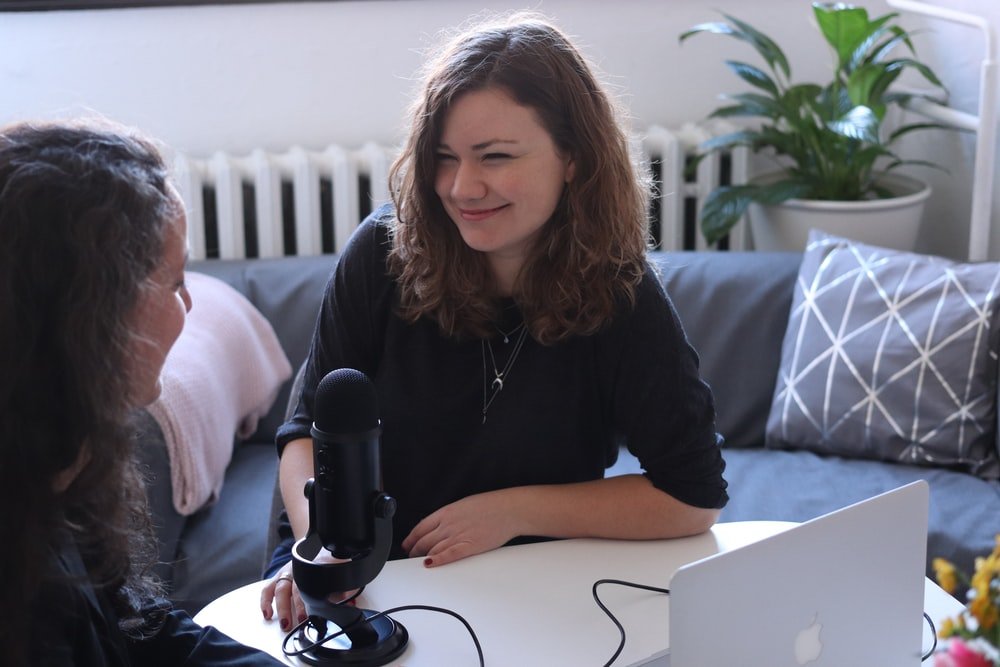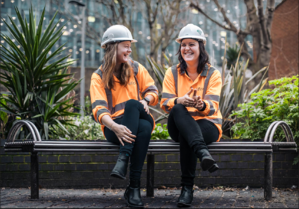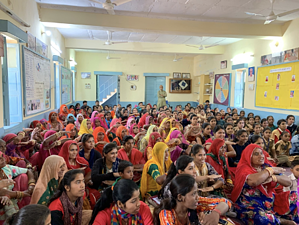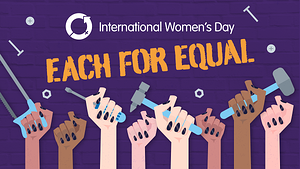Spotlight on Chrissi McCarthy, Managing Director, Constructing Equality LTD
We are delighted that in this is the first instalment of the Spotlight on Diversity Champions blog series, Chrissi McCarthy was able to share her insight into the construction industry’s culture, diversity and inclusion with us. Chrissi discusses the good, the bad, and what we can do to improve the situation.
Image Source:www.constructingequality.co.uk
Who is Chrissi McCarthy?
Chrissi’s story is like most of the workers in the industry - she joined construction through her exposure to the industry by a family member, her dad. Chrissi would labour with him on the weekends and holidays, so you can say she had a lot more exposure to what the industry could offer. However, it was really when she worked on the Jubilee line extension that she “fell in love with the sector”.
Chrissi founded Constructing Equality Lltd., which helps companies looking to improve workplace cultures by using fairness, inclusion and respect as tools to improve the employee experiences. Chrissi previously assisted CITB with the built environment’s accreditation framework for fairness, inclusion and respect – named Be Fair.
Chrissi’s passion for the social and economic impact of the construction industry led her to create Construction Equality Ltd. - a consultancy advancing diversity in the construction industry. She is currently the Managing Director and provides bespoke solutions to answer all your inclusion questions.
It would have been fantastic to have Chrissi join us as a speaker at the Women in Construction Summit. However, Chrissi will soon be a new mother and we wish her all the best in her new chapter.
There seems to be a real issue with retention of female talent in the industry, what made you stay in construction?
Unfortunately, I didn’t stay in the role I had planned to and left site-based work ten years ago. This was mainly due to the experiences that I had because of my gender.
"I loved the work I did, but I did not feel the way I was treated was equal to that of my male colleagues."
This was confirmed by many of my line managers who either admitted to discriminatory behaviour or apologised for the fact that it had impacted upon the decisions of their directors.
However, I did stay focused on construction with my business looking at how to improve the way the construction sector approached work around women, fairness and equality. I decided to keep a focus on the industry as, not only is it important to me as a sector, but I also feel it has great potential to improve both the experiences of its employees and its overall outputs if it can start to strategically and intelligently address the challenges of fairness, inequality and inclusion.
What do you think of the construction culture?
Like any culture, it has its good and its bad points. I loved the sense of camaraderie, the willingness of most people to keep a sense of humour that gets you through what can be hard and stressful work and stories and experiences that we would trade.
I do feel that we could improve the way that men can often feel they must “toe the line”, act in a more aggressive manner than they would naturally and not admit to being concerned, upset or afraid – which is something they would often confide in me – probably because I was a woman.
"I also think the attitude towards women in non-traditional roles needs some work."
It would often swing from patronising (assuming I couldn’t do something) to paternal (assuming I wouldn’t want to do something or it was best that I didn’t) – when what I needed was to be seen on the same level and given the same chances and treatment as my male colleagues.
There’s the good, the bad and the ugly in every industry. But what do you think is holding back the advancement of gender diversity?
Too often discrimination is perceived as a big ugly thing that is done to specifically hurt women (or another group). The reality is that it’s the small instances that happen on a daily basis that build up over time and can have a really negative impact.
If I need to prove my worth, and people are not used to seeing women in that role, then I might need to prove myself to 80% of the people I work with. But the men I work with only need to prove themselves to 20% of the people they meet. Of course those are arbitrary percentages, but men usually don’t need to spend as much time and effort to get to the same position.
We all must take responsibility for how we perceive women in the workplace, and understand that our intentions are not the important factor – the outcome of those intentions are what matters.
The things that held me back most in the workplace came from people thinking they were helping me by protecting me, or only giving me opportunities that were in line with their stereotypical ideas of what a woman would want.
"Secondly, we need to stop seeing gender equality as a woman’s problem, it’s not. The lack of women in the workplace is damaging to men and business as well."
But it is still treated as a nice to have – not a key part of an organisations strategy.
Until businesses take this area seriously, be prepared to have hard and difficult conversations and to admit that equality practices are not always good for business – we are unlikely to take any real steps forward.
Last, but not least – what can our readers, as individuals, do to push for gender diversity?
Firstly, educate yourselves – there is a huge amount of literature in this area that is mostly untouched by practitioners.
"By understanding more about the experiences of women on site (even if you are a woman yourself) you will be better able to appreciate the real challenges faced by those working in the sector."
I would not have told people about the experiences I had whilst I was still working in the industry as I would not have wanted to have seemed weak. You need to go to the research if you want a true picture.
Secondly, if you are serious about improving your organisation in this area get in touch with us to find out how you can really make that happen.
Chrissi can be contacted via: Chrissi@constructingequality.co.uk
If you would like to share yours or someone else’s story in the Spotlight on Diversity Champions blog series, please email Jordan@maddoxevents.com





